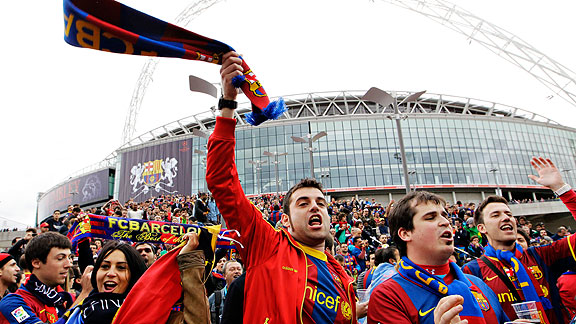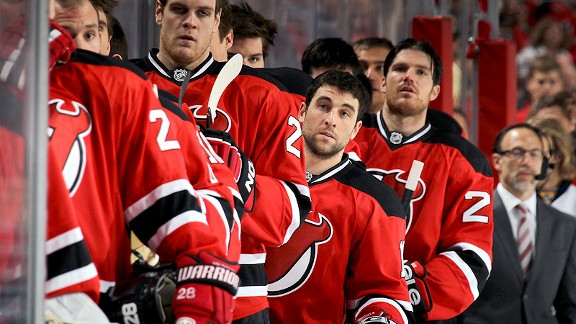Recently the Boston Bruins launched a new digital network. This is one more sign of how the interaction of the fan and the organization is changing. Sports franchises can connect to even a casual fan in so many ways and in much more depth than they previously could.
Will sports franchises use social media to spread the news of their sustainability efforts? This is a very efficient way to reach many of their fans very quickly. Recently the LA Kings engaged fans on Twitter during their playoff run to the Stanley Cup Finals. Even Rainn Wilson noticed and requested a ticket which was sent to him encased in Jell-o.
What if this same effort was put forth to distribute information and to announce progress on efforts to be more sustainable? Many teams do not promote their efforts on their websites and unless you go to the arena or stadium you may not be aware of the impacts of your favorite team. It is time for organizations to stand up and encourage their fans to make a difference.
The vast majority of sports organizations involve complex supply chain management. They contract out much of the operations to subcontractors. This includes but is not limited to the housekeeping, facility management, concessionaire management, and other tasks. Add to this the fact that most franchises are tenants in the facility and it is easy to see how the complexity grows. Consequentially, there are a variety of stakeholders involved in the sports and entertainment industry.
How is the best way to influence sustainability in the sports and entertainment industry? Should it be top down or bottom up? Should the manager of the organization drive the cause or should it come from the employees of the assorted organizations?
In my opinion it should be driven from both ends simultaneously. The upper management should set the vision and integrate best practices with the assistance of the workers on the ground. An organization should apply suggestions and the practice of kaizen to further advance their goals. Utilizing recommendations from the employees will lead to more experimentation and a better grasp on what is needed.
How does an organization set the vision for individuals that are not directly employed by them? Consider the example of Wal-Mart, who mandated that suppliers evaluated and disclosed the full environmental costs of their products. Should MLB, NFL, NHL, NBA, MLS, WNBA and other professional leagues dictate what the individual organizations are required to do? I believe that it would greatly enhance the potential impact if all of the leagues would take the lead such as the NHL has done with the NHL Greenprogram. They are at the forefront of the major leagues in the drive for sustainability.
Sporting teams across the globe pay substantial salaries to highly gifted athletes to perform a job. The article Highest paying teams in the world states that “278 teams in 14 major pro leagues, covering seven sports, spanning 10 countries, comprising 7,925 athletes making a combined $15.69 billion in salary” all to entertain people. How much do these organizations spend in the name of becoming better corporate citizens? Typically the more a club spends the more successful they are.

Minor league franchises need to maximize their resources and obviously spend a fraction of this amount on the players and tend to be more community oriented and focused on the entertainment value of the event. Typically the organization does not own the venue and has a long term lease that obligates them to maintain the facility during the lease period. Consequently, it is advantageous to the team to operate the facility as efficiently as possible. Capital improvements to the structure would need to be discussed with the actual owner.
Minor league franchises are heavily dependent on local sponsorship. Partnerships with organizations to further enhance sustainability are needed. For instance, a local team could involve a manufacturer of waterless urinals to improve efficiency of the water usage at the arena. By inviting them to become a stakeholder it would encourage a mutually beneficial relationship as opposed to just selling advertising space. Franchises can also work with concessionaires to fully integrate recycling initiatives and educate employees and volunteers to cut down on waste and to use materials that are more conducive to recycling.
Simple Living for a Balanced Life


